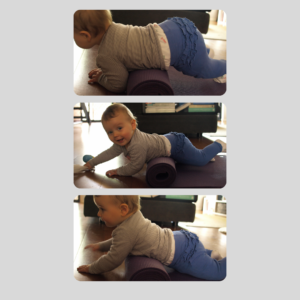
Addressing Developmental Delays through Kinesiology: Understanding and Intervention.
Developmental delays, observed throughout one’s lifespan, may manifest as slower physical, emotional, or social development in children and young individuals. Routine assessments in the initial year help monitor growth and pinpoint potential delays. These delays, noticeable from infancy to 21 years, stem from various factors, with recent media highlighting connections between school closures, lockdowns, and speech delays in children, suggesting an escalating prevalence of developmental delays.
What are some examples of developmental delay that can be worked with through kinesiology?
- Delayed rolling over, sitting, crawling or walking.
- Poor head and neck control.
- Speech delay.
- Clumsiness.
- Bedwetting
- Extended duration of parallel play
- Poor eye contact or reading of social cues
- Separation anxiety
Kinesiology intervention encompasses addressing root causes, including nutritional imbalances, unresolved past trauma, reinforcement of neural pathways, management of sensory overload, and addressing self-esteem issues. It aims to open new pathways and foster better integration within the body.

Moreover, kinesiology acknowledges the impact of retained reflexes on learning and development. These retained primitive reflexes, which are typically inhibited as a child grows, might persist and interfere with learning, coordination, and behaviour. Kinesiology techniques often focus on identifying and integrating these retained reflexes to support smoother developmental progress.
Kinesiology practices in conjunction with other therapies, such as speech therapy, occupational therapy, chiropractic care, physiotherapy, and educational support, to provide holistic assistance for developmental delays and learning challenges. This comprehensive approach aims to address the multifaceted aspects contributing to delayed development and learning difficulties.


